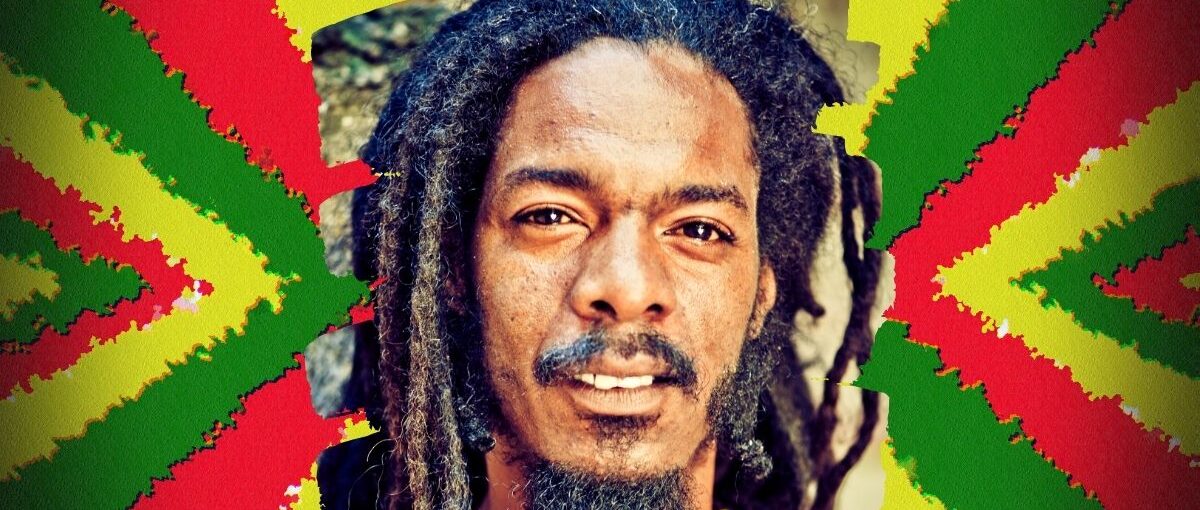The Rastafari have opened a place of worship just outside Nairobi. The Atheists In Kenya Society celebrates this development. It is clear that Kenya is making great strides in broadening religious freedom amongst its citizens. This rare occasion — the inauguration of a tabernacle built with wooden poles and topped with iron sheets — is indicative of the growing numbers rastafarians in Kenya where, until recently, Rastafari was not recognized as a legitimate religion.
Freedom of religion and belief includes the right of an individual to have or to adopt a religion or belief of their choice, and the right, either individually or in community with others, to practise them without interference. It also includes the freedom to change one’s religion, as well as the freedom not to adhere to any religion or world view.
Freedom of religion and belief is a right enshrined in Kenya’s Constitution and a large number of United Nations (UN) resolutions and international agreements, including the 1948 Universal Declaration of Human Rights, the 1966 International Covenant on Civil and Political Rights and the UN’s 1981 Declaration on the Elimination of All Forms of Intolerance and of Discrimination Based on Religion or Belief.
In 2019, the High Court ruled that Rastafarianism is a religion just like any other and they should be treated as the rest.This was after a petitioner claimed discrimination after her school insisted she cut her dreadlocks, a style often embraced by followers of the Rastafari faith.
A history of the Rastafari
The Rastafari movement began in Jamaica during the 1930s following a prophecy made by Marcus Garvey, a black political leader. Garvey led an organisation known as the Universal Negro Improvement Association, whose intention was to unify blacks with their land of origin.
Garvey preached “Look to Africa where a black king shall be crowned, he shall be your Redeemer.” This statement became the foundation of the Rastafari movement. The prophecy was rapidly followed by the crowning of Emperor Haile Selassie I in Ethiopia. Rastafarians see this as the fulfilment of Garvey’s prophecy. The religion takes its name from Haile Selassie’s original name.
Haile Selassie is therefore regarded by Rastafarians as the Black Messiah, Jah Rastafari. He is a figure of salvation and it’s believed he will redeem blacks from white suppressors, reuniting them with their homeland, Africa.
Join our WhatsApp Group. Send a WhatsApp Message to +254 799 919 666

